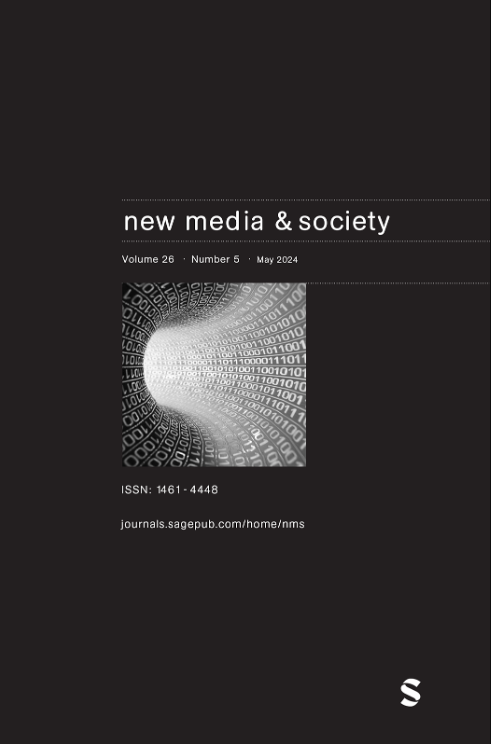VR technology and humanitarian crisis: Political ideology and the intention to donate in the case of the Syrian refugee crisis
IF 4.5
1区 文学
Q1 COMMUNICATION
引用次数: 0
Abstract
Scholars have studied the role of technology in humanitarian crises and have noted an increase in positive attitudes and behavior. Of interest to us is Virtual Reality (VR). We set out to understand the role of VR technology and its relationships with empathy, sympathy, and donation intention in case of the Syrian refugee crisis. We conducted two experimental studies to examine these relationships, where participants watched “Clouds Over Sidra” a VR film for the United Nations. The participants in the VR condition watched the documentary using VR, while in the non-VR condition, participants watched the documentary on a computer. Our results indicate a complex picture. It seems that VR technology can increase empathy and sympathy in participants, which can lead to a higher intention to donate. However, when we tested the relationship with political ideology as a moderator, empathy did not hold. In a moderated mediation model, we found that VR technology increased sympathy, which led to higher intention to donate. This relationship was moderated by political ideology, such that self-reported liberals scored high on donation intention in both the VR and non-VR groups. However, among conservatives, participants in the VR condition showed higher intention to donate.虚拟现实技术与人道主义危机:叙利亚难民危机中的政治意识形态与捐赠意愿
学者们研究了技术在人道主义危机中的作用,并注意到积极态度和行为的增加。我们感兴趣的是虚拟现实技术(VR)。我们试图了解 VR 技术在叙利亚难民危机中的作用及其与同理心、同情心和捐赠意向之间的关系。我们进行了两项实验研究来考察这些关系,参与者观看了联合国的一部 VR 电影《西德拉上空的云》。在 VR 条件下,参与者使用 VR 观看纪录片,而在非 VR 条件下,参与者通过电脑观看纪录片。我们的研究结果显示了一幅复杂的画面。VR 技术似乎可以增加参与者的同理心和同情心,从而提高捐赠意愿。然而,当我们将政治意识形态作为调节因素来测试两者之间的关系时,共鸣并不成立。在调节中介模型中,我们发现 VR 技术增加了同情心,从而提高了捐赠意愿。这种关系受到政治意识形态的调节,因此在 VR 组和非 VR 组中,自称为自由主义者的人在捐赠意愿上得分都很高。然而,在保守派中,VR 条件下的参与者表现出更高的捐赠意愿。
本文章由计算机程序翻译,如有差异,请以英文原文为准。
求助全文
约1分钟内获得全文
求助全文
来源期刊

New Media & Society
COMMUNICATION-
CiteScore
12.70
自引率
8.00%
发文量
274
期刊介绍:
New Media & Society engages in critical discussions of the key issues arising from the scale and speed of new media development, drawing on a wide range of disciplinary perspectives and on both theoretical and empirical research. The journal includes contributions on: -the individual and the social, the cultural and the political dimensions of new media -the global and local dimensions of the relationship between media and social change -contemporary as well as historical developments -the implications and impacts of, as well as the determinants and obstacles to, media change the relationship between theory, policy and practice.
 求助内容:
求助内容: 应助结果提醒方式:
应助结果提醒方式:


